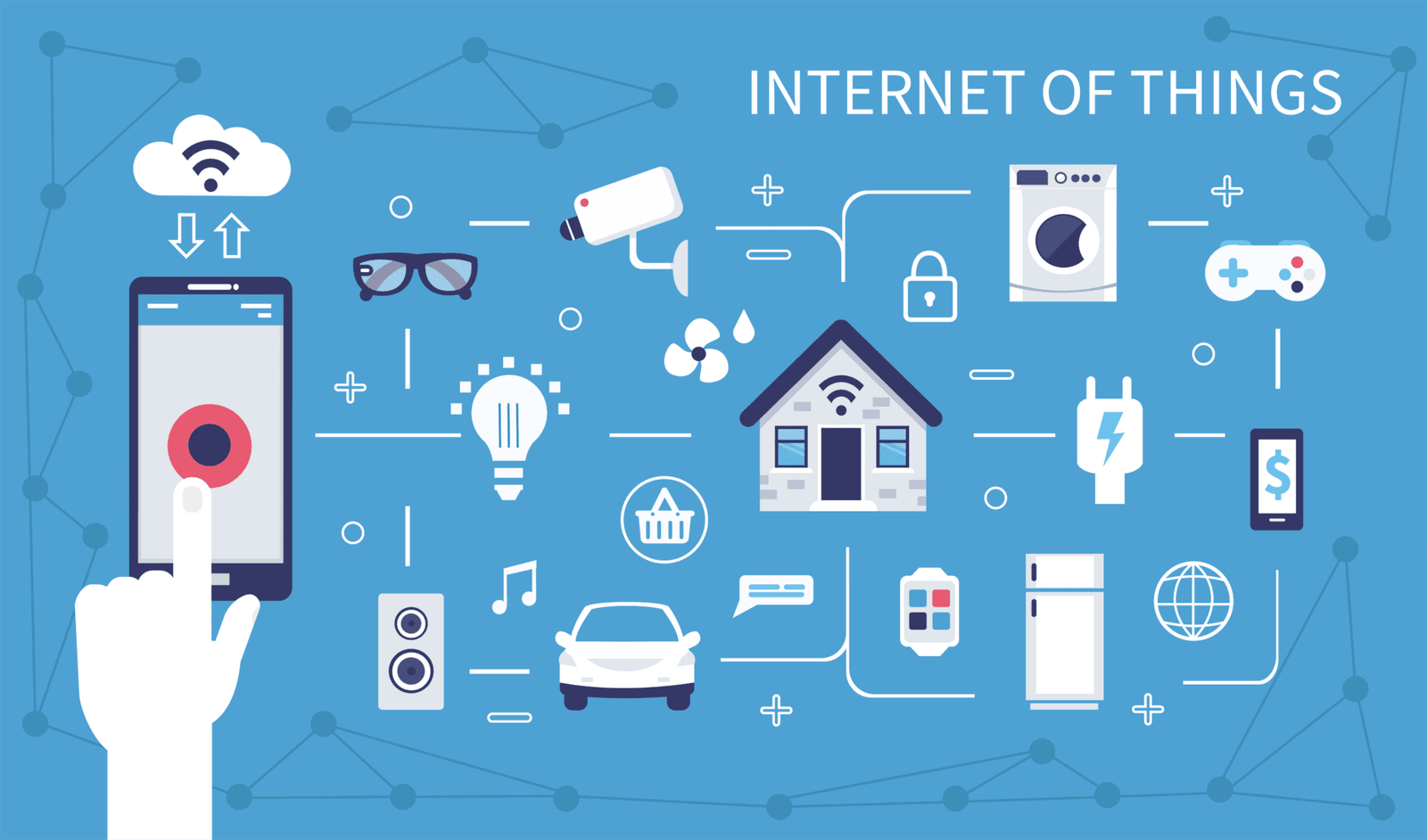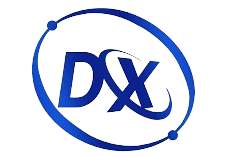
Internet of things
The Internet of Things (IoT) refers to the network of interconnected devices, sensors, and objects that communicate and share data over the internet. Here’s a concise overview:
Connected Devices: IoT encompasses a wide range of connected devices, including smartphones, smart home appliances, wearables, industrial sensors, and vehicles, enabling them to collect, exchange, and act on data autonomously.
Data Collection and Analysis: IoT devices gather data from their environment through sensors and transmit it to centralized platforms for analysis. This data can provide valuable insights for businesses, governments, and individuals to optimize operations, improve efficiency, and enhance decision-making.
Applications: IoT finds applications across various sectors, including smart homes, healthcare, agriculture, transportation, manufacturing, and energy. Examples include smart thermostats, wearable fitness trackers, remote patient monitoring systems, precision agriculture, connected cars, and smart city infrastructure.
Interconnectivity and Communication: IoT devices communicate with each other and with cloud-based services using wireless technologies such as Wi-Fi, Bluetooth, Zigbee, and cellular networks. This interconnectivity enables seamless integration and interoperability among different devices and systems.
Challenges: Despite its benefits, IoT faces challenges related to security, privacy, interoperability, scalability, and data management. Ensuring the security and privacy of IoT devices and data is crucial to mitigate risks associated with cyber threats and unauthorized access.
Future Trends: The IoT ecosystem continues to evolve with advancements in technologies such as edge computing, 5G networks, artificial intelligence, and blockchain. These innovations are expected to drive the growth of IoT applications and unlock new opportunities for businesses and consumers.
Overall, IoT is revolutionizing the way we interact with the world by connecting devices and enabling intelligent, data-driven decision-making across various industries and sectors.
Why Should You Learn IoT?


